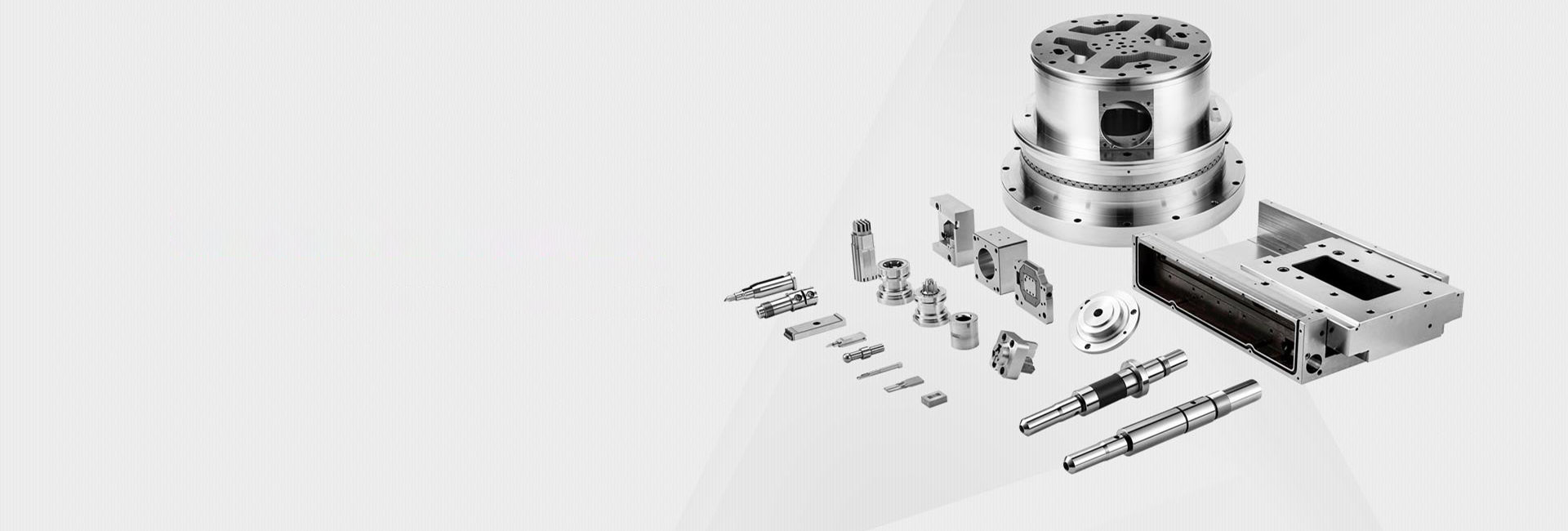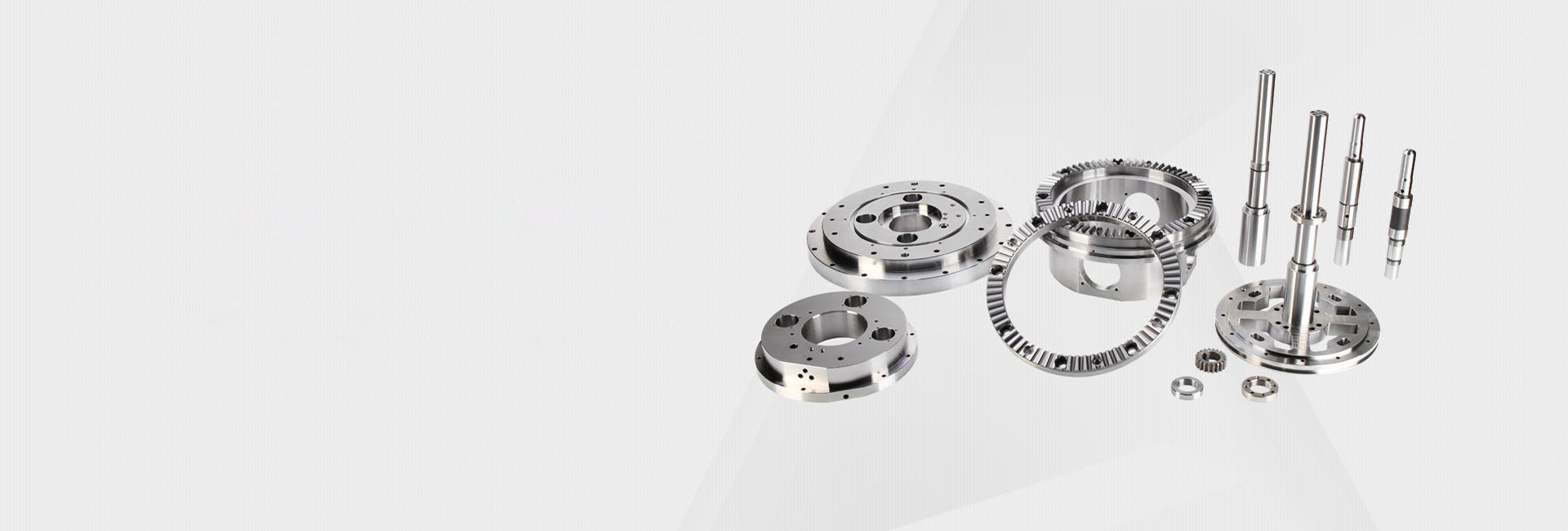What Should You Look for in a Hardware Parts CNC Machining Manufacturer?
Ever found yourself scrolling through dozens of CNC machining suppliers, wondering which one actually delivers precision without breaking the bank? 🤔 If you're managing procurement or running a manufacturing operation, you know the struggle: a tiny miscalculation in a hardware component can derail entire production lines. Let's cut through the noise and examine what truly matters when selecting your next manufacturing partner.
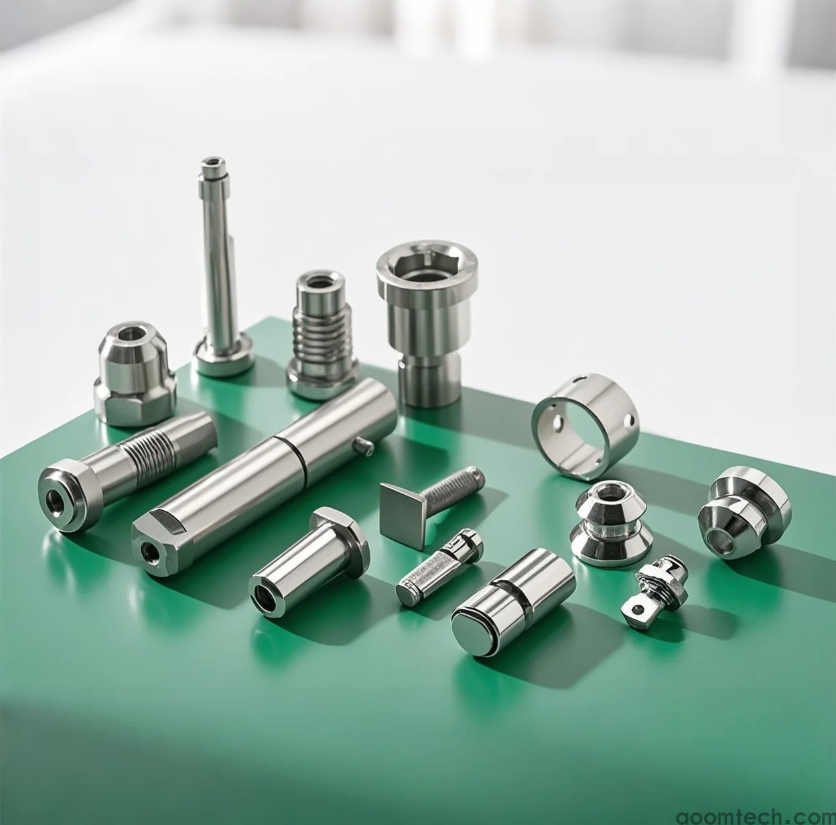
〖Precision Hardware CNC Machining Services〗 vs Reality
Many suppliers promise "high precision," but what does that mean for your specific project? While tight tolerances are crucial, I've noticed some manufacturers overpromise on capabilities. The real question isn't just about specifications—it's about consistent performance across production runs. One batch might be perfect, but the next could have variations that impact assembly.
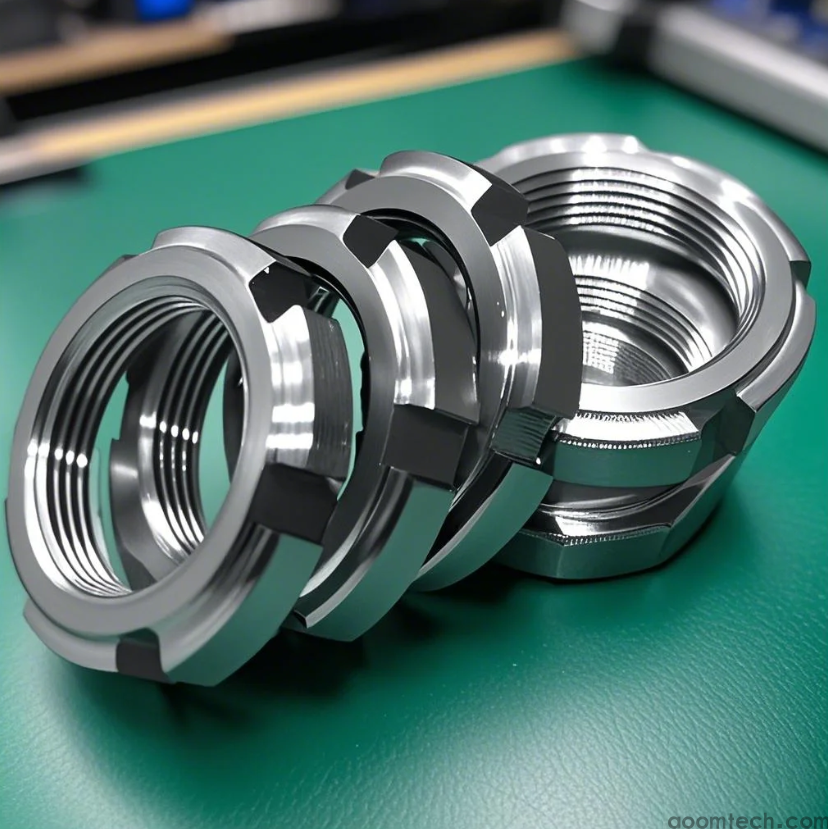
〖Custom CNC Machined Components〗: Beyond Basic Manufacturing
True customization goes beyond simply following blueprints. The best manufacturers I've worked with ask questions about your application—whether parts need to withstand specific environmental conditions or interface with other components. This collaborative approach often reveals design improvements that save costs and enhance functionality.
「Small Batch CNC Machining for Hardware」: The Sweet Spot for New Projects
This is where many newer operations find their footing. Small batch production allows for quality verification before committing to large orders. Rather than diving into mass production, starting with 50-100 pieces lets you test both the part quality and the supplier's reliability. The flexibility here is invaluable when refining designs or responding to market testing.
〖CNC Milling for Industrial Parts〗: More Than Just Cutting Metal
There's an art to selecting the right milling strategies for different materials. Aluminum might machine beautifully, but stainless steel requires different tool paths and cooling approaches. Some manufacturers use the same parameters for all materials—a red flag in my experience. The good ones adjust their techniques based on material science, not just default settings.
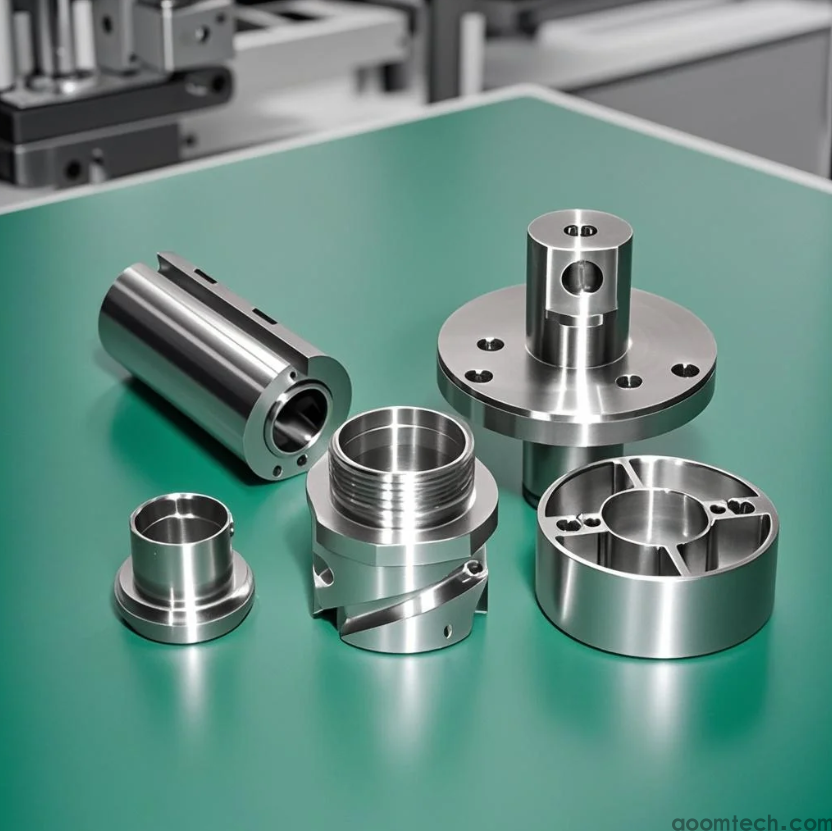
〖Hardware Prototyping with CNC Technology〗
Prototyping isn't just about creating a physical sample—it's a communication tool between design and manufacturing teams. The best prototypes I've seen serve as learning devices, revealing potential production challenges before they become costly problems. Though rapid prototyping gets most attention, the real value emerges when manufacturers provide detailed feedback on design manufacturability.
Why Small Batch Approach Makes Business Sense
Starting with smaller quantities might seem counterintuitive when per-unit costs are higher. However, consider the hidden expenses of large-scale failures: inventory storage, rework costs, and production delays. Small batches act as your quality control checkpoint before major investment. I've witnessed companies save thousands by identifying tolerance issues in initial small runs rather than discovering them during assembly line stoppages.
The financial protection alone justifies the approach, especially when working with new suppliers or developing innovative components.
Material Selection: More Than Just Spec Sheets
While most manufacturers can work with common materials like 6061 aluminum or 304 stainless steel, the real test comes with specialized alloys or engineering plastics. I recall one project where a supplier recommended switching from standard brass to a lead-free alternative—not because it was easier to machine, but because it better suited the environmental conditions the parts would face. This type of proactive suggestion separates adequate suppliers from exceptional partners.
Though material certifications are important, the application knowledge behind material recommendations often proves more valuable long-term.
Communication: The Overlooked Manufacturing Component
Technical capabilities matter, but responsive communication might matter more when issues arise. The manufacturing partners I value most provide regular updates without being asked—whether sharing photos of first-article inspections or alerting me to potential material delays. This transparency builds trust and enables proactive problem-solving rather than last-minute crises.
Regular progress updates and quick response to inquiries typically indicate well-organized operations behind the scenes.
Finding Your Manufacturing Match
While technical specifications and pricing naturally dominate selection criteria, don't underestimate the importance of partnership dynamics. The right manufacturer becomes an extension of your team, contributing insights that improve your products and processes. Though perfect suppliers don't exist, the best ones acknowledge limitations while working creatively within them.
Ready to discuss your specific hardware component needs? Our technical team welcomes the opportunity to review your requirements and suggest manufacturing approaches that balance precision, cost, and timeline effectively.
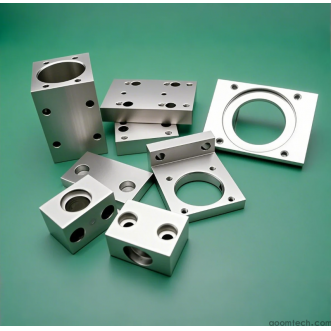 How is the price calculated fo
How is the price calculated fo
 How Does a High-Precision CNC
How Does a High-Precision CNC
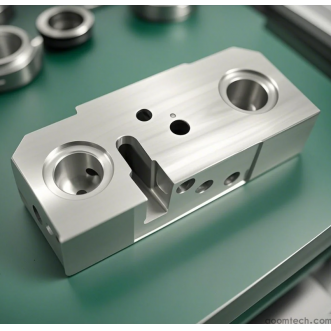 What Factors Affect CNC Machin
What Factors Affect CNC Machin
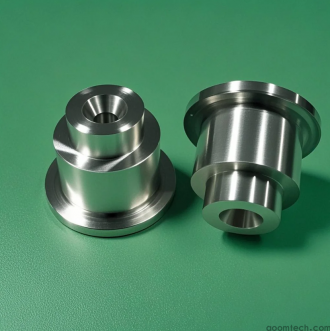 How to Choose a Supplier for C
How to Choose a Supplier for C

